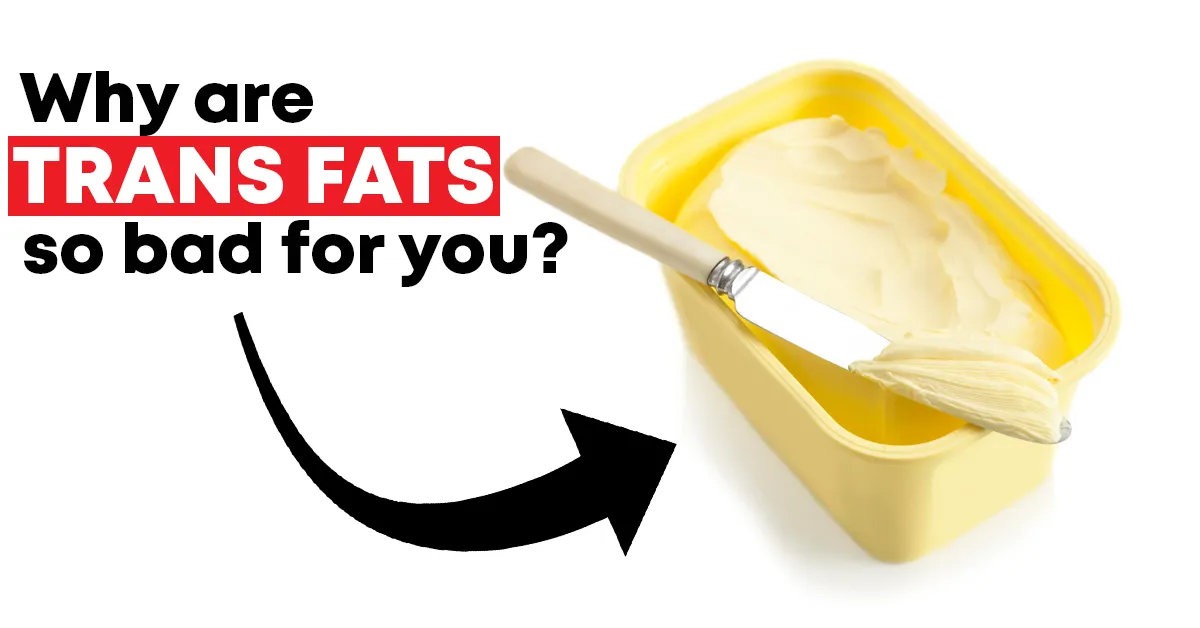Trans fats are a leading contributor to the development of heart disease. They are the most unhealthy type of fat because trans fats increase LDL cholesterol (bad) cholesterol while also decreasing HDL (good) cholesterol. Saturated fat is not considered healthy either, but only has one of these negative effects.
It is important to make the distinction that while trans fats are unhealthy, there are healthy types of fats. For example, monounsaturated fats are a healthy fat that can improve cholesterol.
Eating a diet high in trans fats is so dangerous for your health that the FDA has taken steps to reduce trans fats in foods sold in foods. The FDA enforced a 2021 deadline for food manufacturers to discontinue using partially hydrogenated oils, a major source of trans fats.
What foods commonly contain trans fats?
Trans fats are commonly associated with fried or battered foods because they can be used in restaurants’ deep fryers. These “fast food” or otherwise processed foods are some of the most significant sources of trans fats.
The most prevalent source of trans fats in your own home is margarine. In the US, manufacturers can not add additional trans fats to margarine, but it still naturally has trans fat.
The FDA allows food manufacturers to list “0g” or “not a significant source of trans fat” on the packaging if a product contains less than 0.5g of trans fat per serving. For this reason, the small amounts of trans fat in animal meats or dairy often do not appear on the label.
If trans fats are not healthy, why are they so common?
Trans fats can be used many times in the cooking process in fryers, making them popular among restaurants. They also give food a taste and texture that many people find desirable.
Concern about trans fats being harmful to your health only started in the 1990s. While consumption has decreased since then, they remain present in many American’s diets because of their food choices.
What alternatives can you use to replace trans fats?
There are alternatives to trans fats that can be used in frying. McDonald’s for example no longer uses trans fats in their frying process at locations in the US and Canada (there are still many other health concerns with McDonald’s).
Canola, cottonseed, sunflower seed, soybean, and corn oil are all common natural alternatives to trans fats. There are a variety of trans fats alternatives that use a mixture of these natural oils available on the market, which has made it easier for restaurants to transition away from trans fats.
At home, you can use olive or vegetable oils to replace cooking with margarine and eliminate those trans fats.


